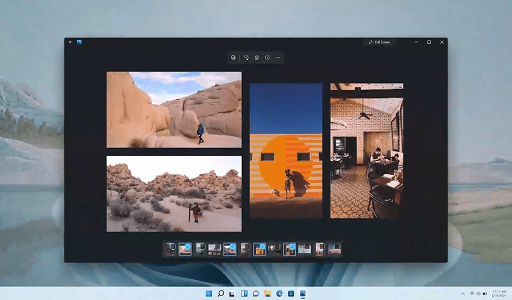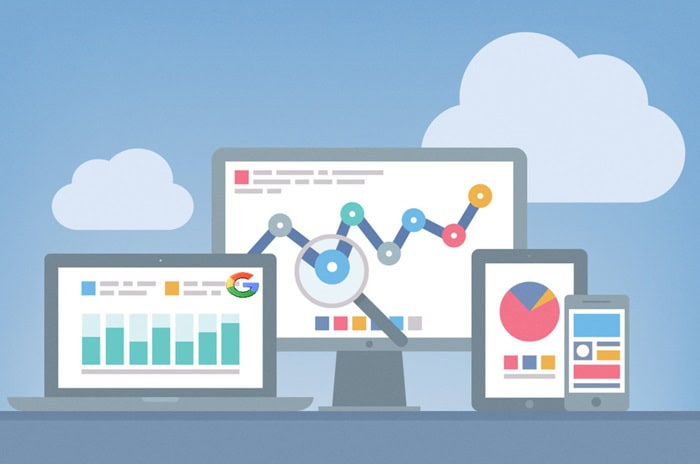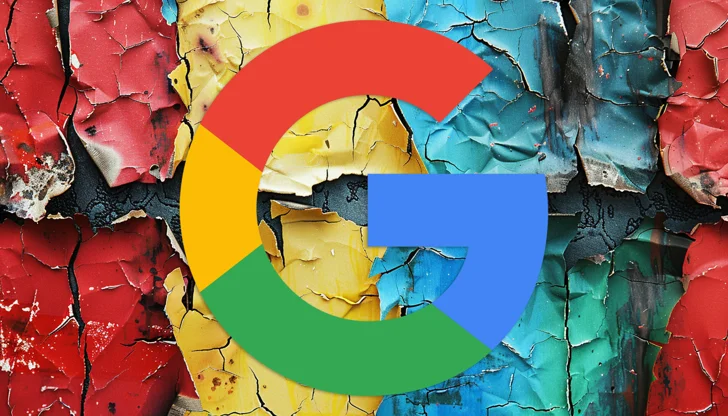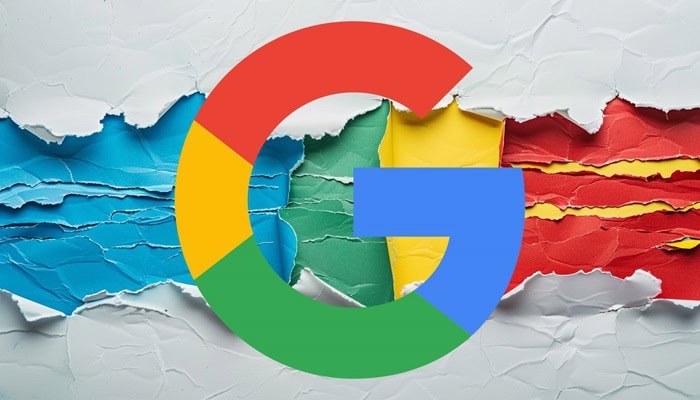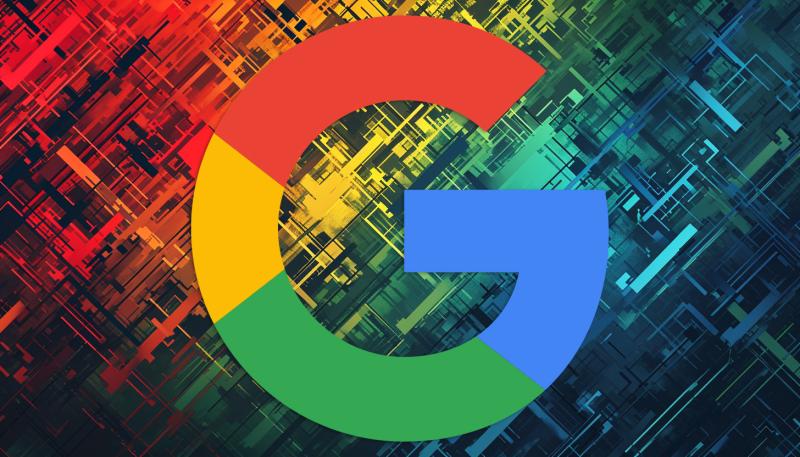Following Google’s ongoing Core update, which started in March 2024, many speculations have been made about the possible role that ads play in search rankings.
Google Search Liaison Danny Sullivan attempted to diffuse these various speculations with a tweet to reassure webpage owners that pages with ads can still rank in high positions on Google search results.
Website owner Tony Hill sent up the topic of discussion, referencing Sullivan’s previous advice to state that it sounded as if Google did not like ads.
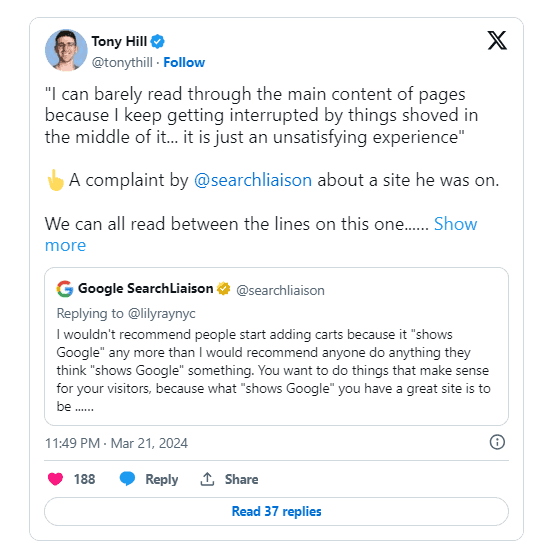
Hill cites the proliferation of ads on Google’s search results pages, particularly on mobile devices, and worries that Google’s algorithms may be biased against smaller sites relying on ad-generated revenues. Sullivan tried to explain to him that a lot of websites-regardless of size—have no problem ranking in Google Search while featuring ads.
You can also read: Google’s Danny Sullivan on How to Diagnose Ranking Drops
He stressed that Google’s systems prioritize rewarding websites that offer a positive page experience, a principle that has long been established and remains unchanged.
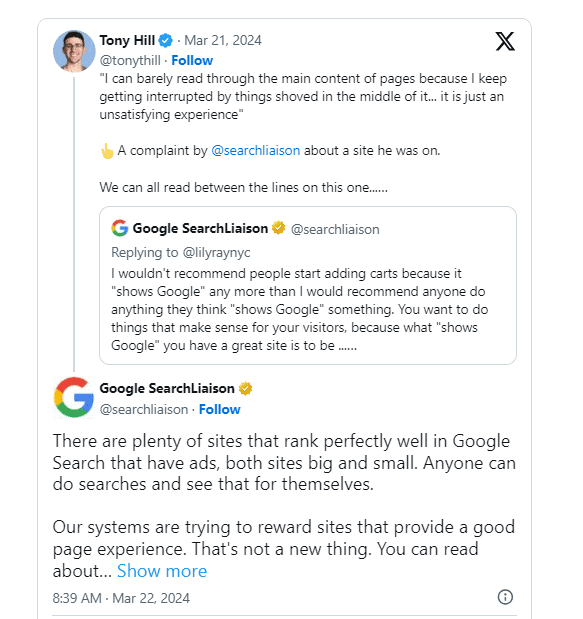
Ads do not directly influence rankings, according to Google’s page experience documentation. Sullivan pointed out that Core Web Vitals serve as direct ranking factors, while elements like excessive ads relative to main content are not among them.
The documentation specifies:
“Beyond Core Web Vitals, other page experience aspects don’t directly help your website rank higher in search results. However, they can make your website more satisfying to use, which is generally aligned with what our ranking systems seek to reward.”
Sullivan’s assertion finds backing in anecdotal evidence, as several websites have experienced ranking improvements after the core update, even with advertisements featured on their pages.
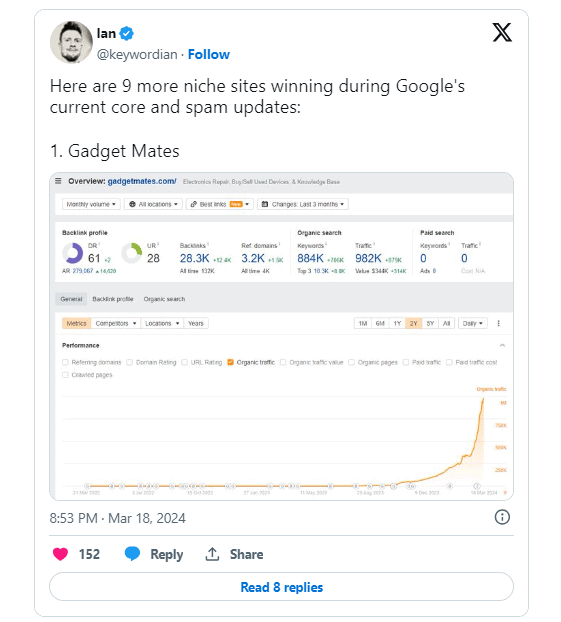
This indicates that advertisements alone don’t necessarily hinder a website’s capacity to achieve high rankings in Google’s search results.
Analyzing Sullivan’s Assertion
With Sullivan’s comments and, more so, the general discussion around ads and rankings, there are a couple of peripheral considerations. While ads themselves might not be ranking factors, their usage can have latent impacts on SEO.
Heavy, intrusive, or obstructing advertisements may have a negative influence on search rankings. It is therefore prudent to be keen on ad placement, number, and type. Recently, Google has been on an increasing trend of including ads in search results pages. This move has attracted criticism from individuals who believe that this sets a double standard.
You can also read: Google Says No Perfect Formula for Determining Search Rankings
Hill’s comments also started a debate on the equitability of treatment by Google towards smaller sites relying heavily on ad revenue. While Sullivan insisted, “Websites of all sizes can rank well with ads on their pages,” one could counter-argue that maybe the playing field could be leveled.
Advertising is a very valid form of monetizing, but it shouldn’t overwhelm the basic value of a website.
In Summary
The debate around ads and search rankings is a tough balance between user experience and the financial sustainability of websites. Ads are important for letting users access so much of the web without cost. However, ensuring a great page experience will continue to be an important signal in how Google algorithms rank and position sites.
Further explanation by Sullivan solidifies that, through core and spam updates this March 2024, ads per se do not necessarily invalidate the attainment of robust search rankings.
Would you like to read more about “Google’s Search Liaison Clarifies That Ads Do Not Influence Search Rankings” related articles? If so, we invite you to take a look at our other tech topics before you leave!
Use our Internet marketing service to help you rank on the first page of SERP.
![]()







